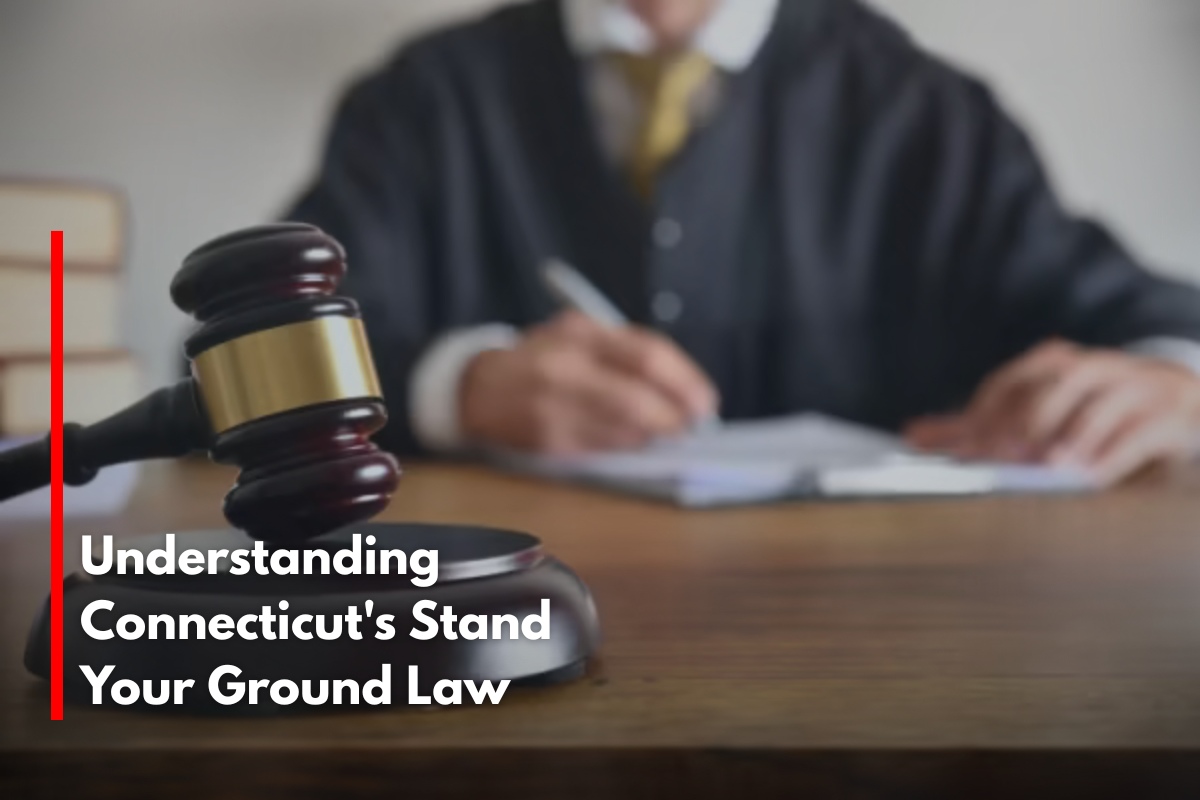Connecticut’s approach to self-defense is guided by the principle of using reasonable force to protect oneself, others, or property when faced with an imminent threat of harm. Unlike many states, Connecticut does not have a broad stand-your-ground law that eliminates the duty to retreat before using deadly force outside the home.
Instead, the law requires individuals to retreat if it can be done safely before resorting to force, except in very limited circumstances. This nuanced approach reflects Connecticut’s balancing of individual self-defense rights with public safety concerns.
Duty to Retreat and Stand Your Ground
In Connecticut, the general rule is that if a person can avoid using deadly force by safely retreating, they must do so. This duty to retreat applies when the person is outside their home or workplace and not engaged in any unlawful activity.
The law mandates that deadly force is justifiable only if retreat is not possible safely or would put the person in greater danger. This is different from classic “stand your ground” states, where there is no legal obligation to retreat even when it is feasible.
However, Connecticut recognizes a form of the Castle Doctrine, allowing individuals to stand their ground without retreating when inside their own home or office. Here, a person may use deadly physical force if they reasonably believe it is necessary to prevent a violent crime, arson, or unlawful entry by force. Outside of these situations, the duty to retreat applies.
Use of Reasonable and Deadly Force
Connecticut law requires that any force used in self-defense be reasonable and proportional to the threat faced. Reasonable force is defined as the minimal amount of force necessary to repel the threat or prevent harm.
Deadly force is only justifiable if the individual reasonably believes they are facing or about to face deadly physical force or substantial bodily harm.
Importantly, the law prohibits the use of deadly force if a safe retreat or other means of avoiding harm is available. This includes surrendering possession of property claimed by an aggressor or obeying lawful demands to avoid conflict.
The law also emphasizes that there is no “imperfect self-defense” — if a person’s belief in the need for deadly force is deemed unreasonable, they may not successfully claim self-defense.
Practical Implications and Legal Guidance
The Connecticut self-defense framework means that people must carefully evaluate whether they can safely retreat before using force. The law prioritizes de-escalation and retreat over confrontation unless in protected environments like the home.
This can have important implications for those charged with assault or homicide, as prosecutors will assess whether the accused reasonably believed deadly force was necessary and if retreat was possible.
Because self-defense laws are complex and fact-specific, legal experts strongly recommend consulting an experienced attorney. Interpretation of what constitutes reasonable force and the circumstances under which someone must retreat can be complicated and require legal expertise, especially in serious criminal cases.
Connecticut does not have a broad stand-your-ground law but requires an individual to retreat safely if possible before using deadly force. Exceptions exist for the home or workplace under the Castle Doctrine. Use of force must be reasonable and proportional to the threat faced. Understanding these nuanced laws is critical for anyone involved in self-defense situations in Connecticut.
Sources
(https://www.cga.ct.gov/2012/rpt/2012-r-0172.htm)
(https://www.leb-law.com/self-defense-laws-in-connecticut/)
(https://markshermanlaw.com/connecticut-self-defense-lawyer/)
(https://www.dpweinerlaw.com/stamford-criminal-law-blog/how-is-reasonable-force-defined-when-claiming-self-defense)
(https://en.wikipedia.org/wiki/Stand-your-ground_law)











